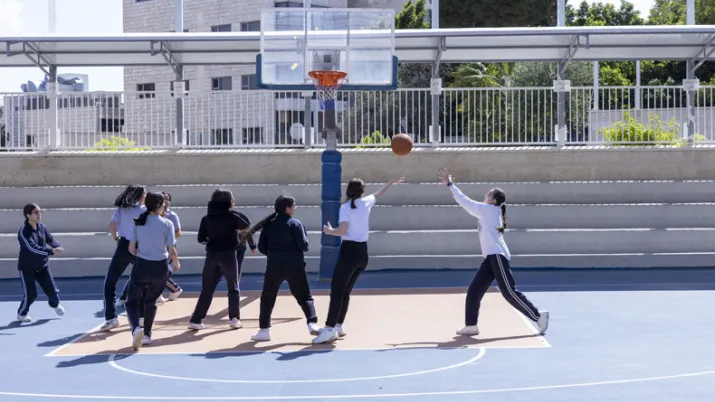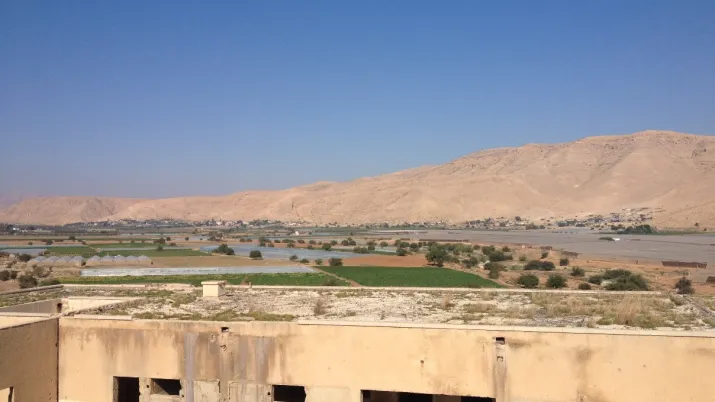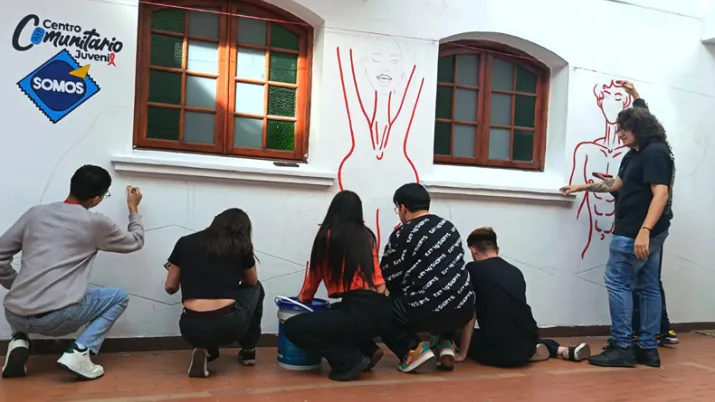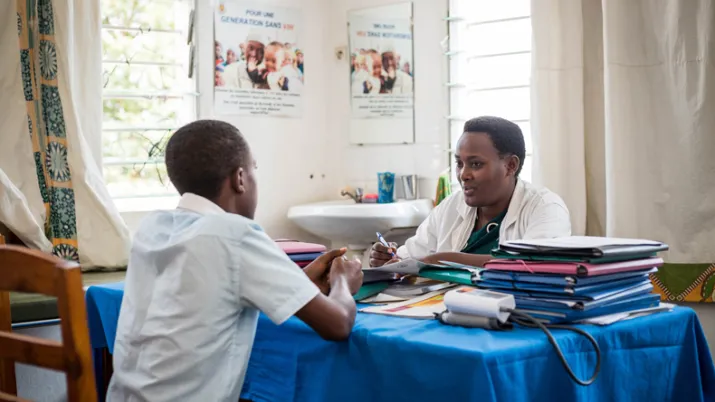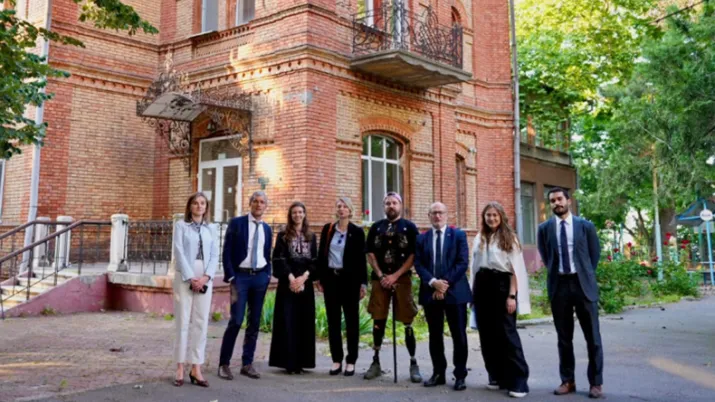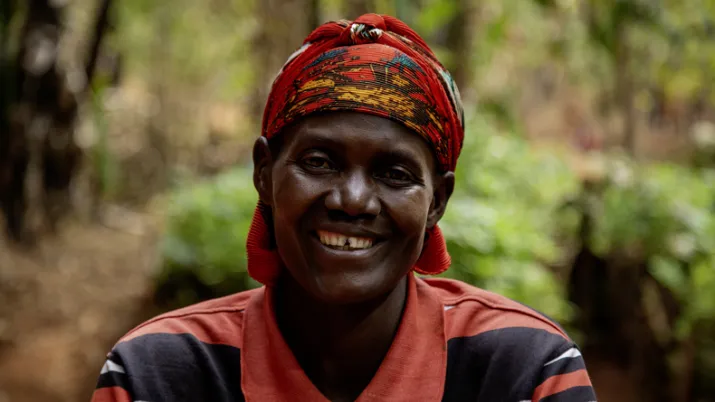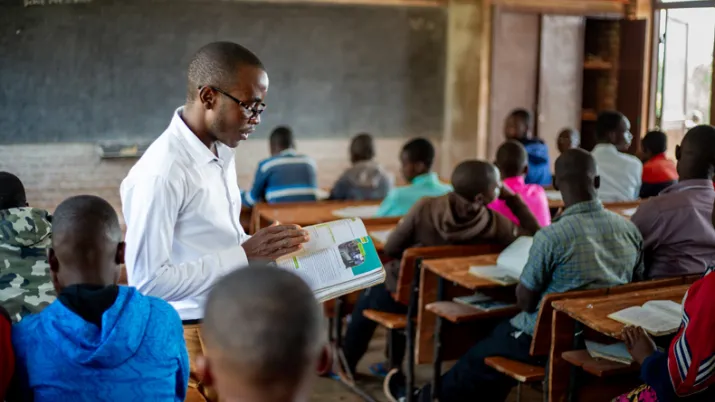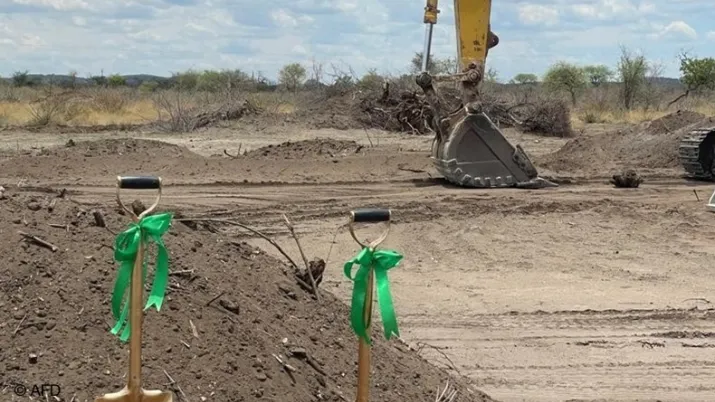Share the page
Reconstructing and strengthening reproductive, maternal, neonatal, and child health services
Project
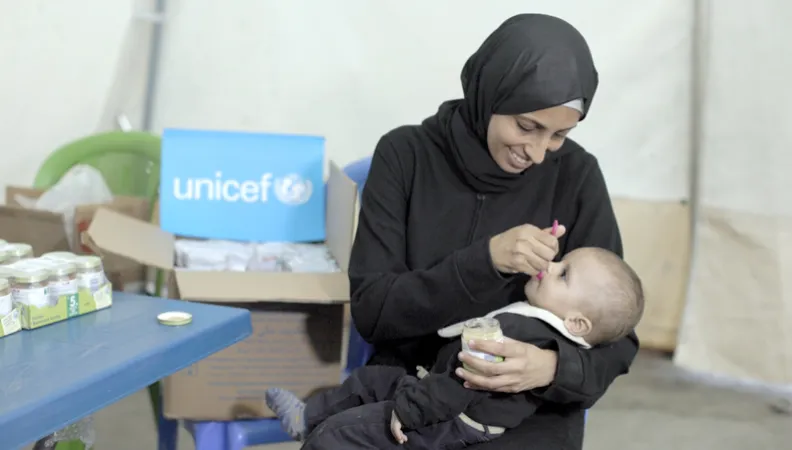

-
Project start date
-
Status
Ongoing
-
Project end date
-
-
Project duration
-
3 years
-
AFD financing amount
-
€ 9 000 000
-
Country and region
-
Location
-
Gaza, Cisjordanie
-
Type of financing
-
Beneficiaries
-
UNICEF
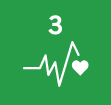
The project provides support for reproductive, maternal, neonatal, and child health services in Gaza and the West Bank, taking into account gender-specific considerations.
Context
In recent years, Palestine’s health situation has significantly deteriorated, something that is seen in the notable increase of non-communicable diseases and maternal and infant mortality rates. The ongoing conflict, which erupted in October 2023, has substantially increased health needs in Palestine, and caused the collapse of Gaza’s healthcare system.
Health service capacities have been drastically reduced due to damage inflicted by the conflict and supply shortages resulting from the blockade of the enclave. In the West Bank, the situation has also worsened, with escalating violence, insecurity, restrictions on freedom of movement, and a rapidly deteriorating economic and social situation. These factors have significantly limited the healthcare system’s ability to function, and reduced accessibility to essential services.
Description
This is a new phase of a project initiated in 2020. It aims to replenish stocks of medicines and goods vital to the operation of health centers, and to strengthen emergency response mechanisms, particularly to maintain a minimum provision of sexual, reproductive, maternal, neonatal, young children and adolescents’ health (SRMNCH) care.
Additionally, the project focuses on rebuilding and strengthening health centers and RMNI services by supporting healthcare staff.
The project aims to reduce gender inequalities in health care provision, and to address the specific needs of women and girls in accessing services, particularly in crisis and post-crisis contexts.
Impacts
The project is expected to yield a positive impact on population health by improving access to quality care, both in crisis contexts and in the long term. It also aims to reduce gender inequalities by raising awareness through activities, starting with adolescence and existing gender equality initiatives. Moreover, the project aims to help reduce social imbalances. It will enable the reconstruction of several health services and strengthen the capacities of sector actors, particularly for crisis response, and to maintain com-prehensive gender-sensitive RMNI provision.
Sustainable Development Goals
Good Health and Well-being
Goal 3 seeks to guarantee health and well-being by improving reproductive, maternal, and child health and by reducing the main communicable, noncommunicable, environmental, and mental diseases. Progress depends on prevention systems to reduce health risks, universal access to health coverage and services, investment in research and development of vaccines and medicines, and stronger risk-management capacities in developing countries.




